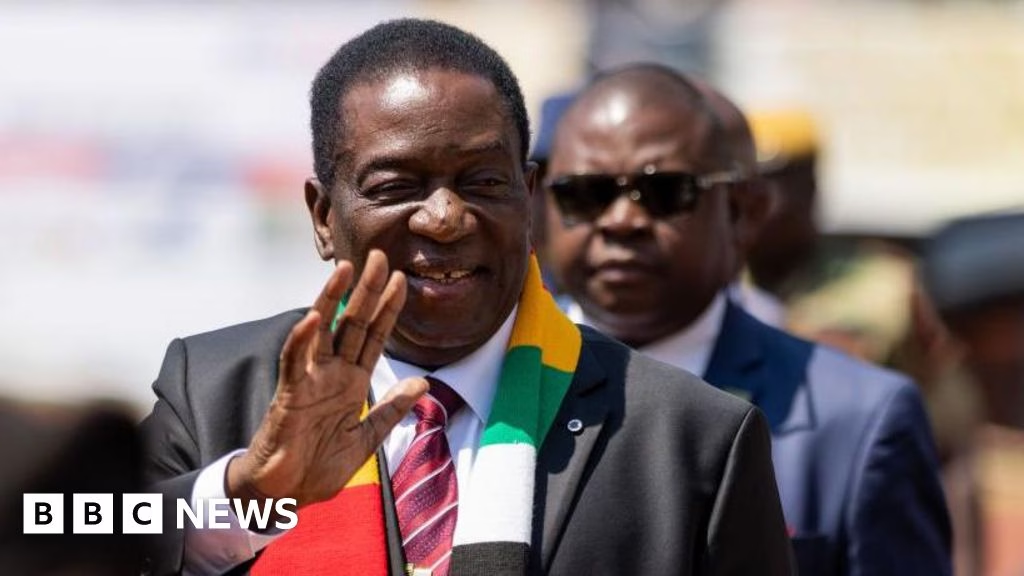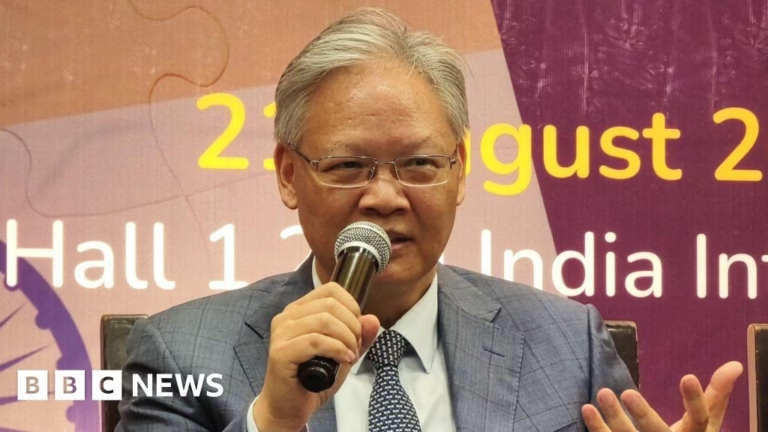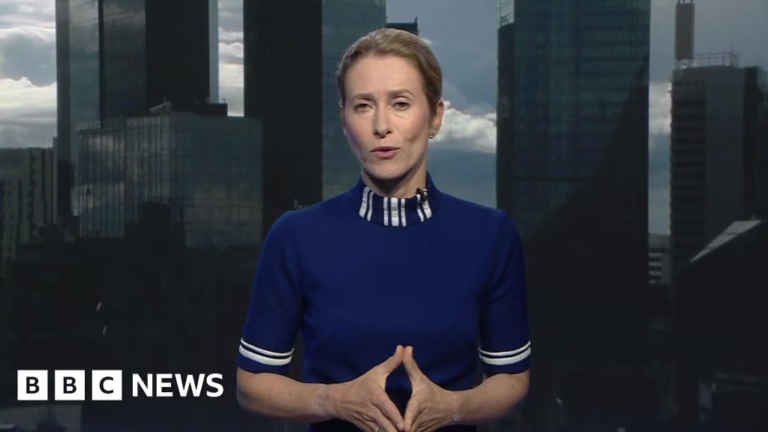Zimbabwe President Emmerson Mnangagwa has revealed plans to halt tariffs on goods imported from the United States in order to foster a “positive relationship” with the administration of US President Donald Trump. This announcement follows Trump’s imposition of 18% tariffs on Zimbabwean exports to the US just a few days prior. According to Mnangagwa, the removal of tariffs is designed to both encourage an increase in American imports in the Zimbabwean market and bolster Zimbabwean exports heading to the United States.
Historically, Zimbabwe’s diplomatic ties with the US have been strained due to its contentious land policy enacted about 25 years ago and its questionable human rights record. Trade volume between the two nations was a modest $111.6 million in 2024, with the US exporting goods worth $43.8 million to Zimbabwe and only importing $67.8 million from Zimbabwe, marking a 41% decline from the preceding year.
Tendai Mbanje, a Zimbabwean political analyst, expressed skepticism about the economic benefits of this decision for Zimbabwe, suggesting that it would primarily serve American interests. Additionally, prominent Zimbabwean journalist and government critic Hopewell Chin’ono commented that President Mnangagwa appears to be attempting to “appease” the Trump administration in the hopes of securing the lifting of sanctions against him, which he views as a “long shot.”
The US first introduced sanctions against Zimbabwe’s government during Robert Mugabe’s rule, following a land reform that resulted in the takings of white-owned farms and due to the regime’s repression of the opposition. Although the Biden administration in the US rescinded these sanctions in 2024, replacing them with targeted sanctions against 11 individuals, including Mnangagwa, for “democratic backsliding, human rights abuses, and government corruption,” Mnangagwa has adamantly denied these allegations, branding the sanctions as “illegal and unjustified.”
Mnangagwa stated that Zimbabwe is determined to “foster amicable relations with all nations and cultivate adversarial relationships with none,” emphasizing his commitment to the principles of equitable trade and enhanced bilateral cooperation. However, Chin’ono argued that as the chair of the Southern African Development Community (SADC), Mnangagwa should be coordinating a unified response to the US tariffs rather than acting individually. He posited that coordinated efforts could provide more leverage and stability amid global economic challenges.
In response to the US tariffs, Lesotho, another southern African country heavily affected at 50% tariffs, plans to send a delegation to the US to negotiate and will look for alternative markets for its products.
Source: https://www.bbc.com/news/articles/c62xqel9l18o








